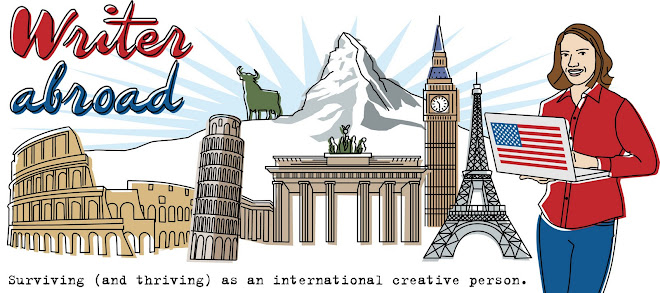Donald
Trump’s lawyers just threatened the New York Times.
As someone
who has written for that paper and others as a freelancer, Writer Abroad has a
problem with that.
As she’s
previously written, it’s harder and harder to find real journalism these days. And there’s a reason for that.
It’s
because thanks to cuts, most newspapers have a very limited staff. They don’t
have time to do investigative pieces—or the money to do them. Instead, they rely
on freelancers to do, often times, a majority of their writing work. And guess
what? Freelancers are more often than not, given horrible contracts.
Writer
Abroad knows. She’s gotten lots of them. Fought them all. And won a few clauses
here and there.
Now. Forget
the terrible pay that most freelance journalists receive and
think about the terrible contract instead. The contract that says, in a
nutshell, “The freelancer is responsible for any legal fees arising from their
reporting.”
Now think
about Donald Trump.
If you were
a journalist with a crappy newspaper contract, would you investigate him?
Really, really investigate him?
Now think
about democracy.
Can it really
be upheld under these circumstances?
Our papers
used to be the way we could read about issues without spin. The way we could
investigate those who want to run for the highest—and even the lowest offices.
We should know who is going to represent us and that’s why journalism is a big
part of democracy. But if journalists are too legally and financially threatened
to do their jobs, then we don’t have journalism. And then we don’t have
democracy.
It didn’t
seem like it could get worse. Trashing religions, trashing immigrants, trashing
women, the list goes on and on in this year’s election. But when you threaten a
newspaper, you are threatening a democracy that’s already fragile. That’s
already mostly silenced thanks to a small elitist (and biased) group of media owners.
That’s why
the threatening of a newspaper is the scariest thing that’s happened so far
this election.
So if you
do anything, writers, vote. While you still can.
That is
all.


